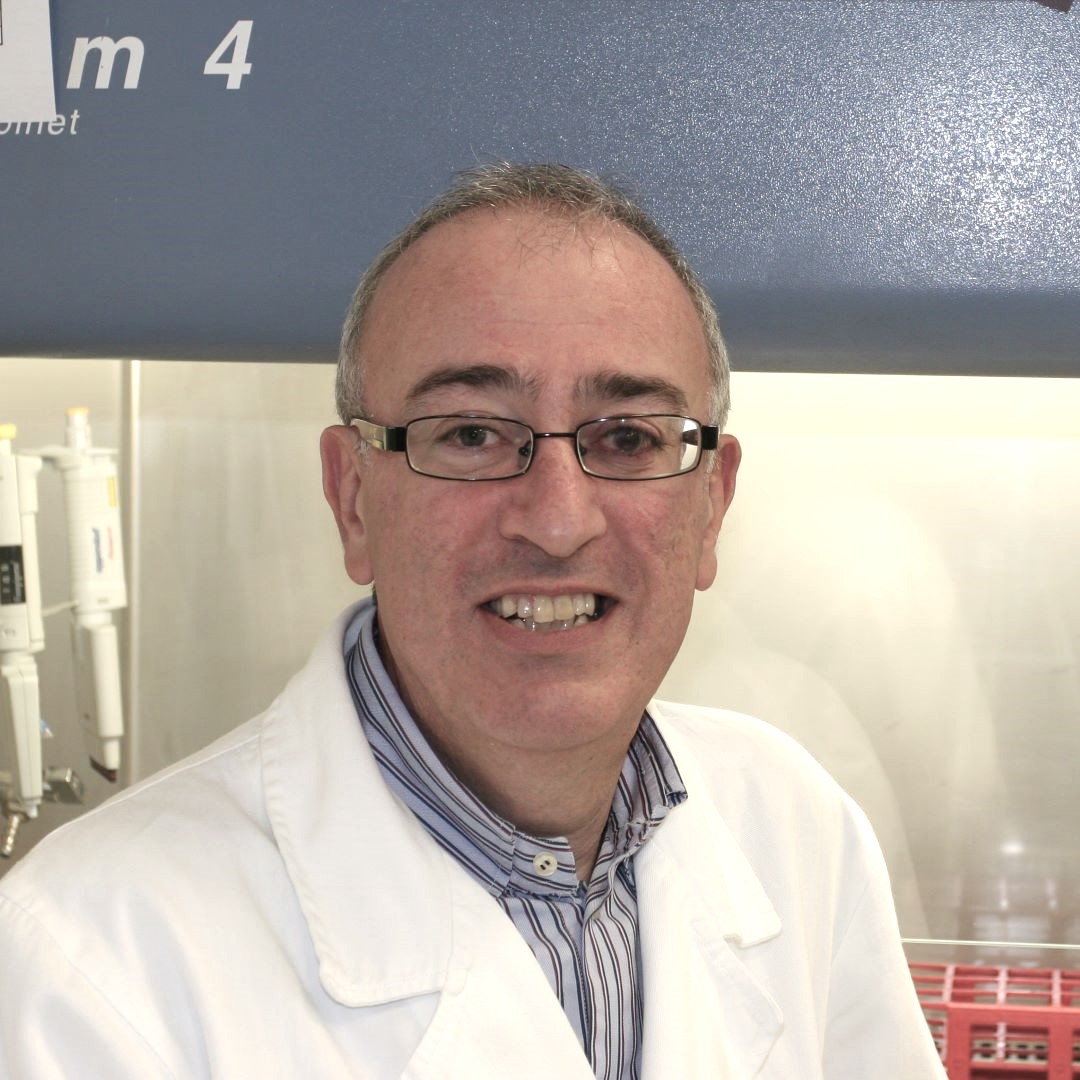Pediatric Hematology, Oncology and Hematopoietic Cell&Gene Therapy Area
Experimental Pharmacology
Research Activity
The Experimental Pharmacology lab is involved in the study of new strategies in cancer therapeutics following the main research lines listed below.
Identification of new therapeutic target in medulloblastoma resistance
Medulloblastoma (MB) is the most common brain tumor in the pediatric age and is very aggressive and characterized by low survival and high incidence of relapse. Our group is actively involved in the characterization of the molecular basis of MB aggressiveness and resistance by modeling the chemotherapy-induced evolution of MB cells in vitro by applying conventional chemotherapy. The -omics characterization of MB resistant cells will provide novel therapeutic opportunities potentially able to reduce risk of relapse and to increase survival rates.
Study of BAG interactome and design of new BAG inhibitors
The resistant medulloblastoma cells express high level of BAG protein family, a class of antiapoptotic proteins that possess the ability to prevent tumor cell death. Our goal is to identify the predominant BAG member that may be responsible for sustaining therapy resistance and relapse in MB, together with all its interacting proteins. In addition we are studying the possibility of designing novel BAGs inhibitors by Fragment-Based Drug Discovery approach. In this context we avail ourselves of the collaboration of Prof. M. Sturlese (University of Padua) regarding the screening of fragments which is performed using NMR techniques.
Cancer metabolism and REDOX homeostasis
We have recently demonstrated that cancer cells can regulate the Nrf2 pathway as a pro-survival response against drug treatments. Nrf2 is the major regulator of redox homeostasis and defense against oxidative stress. So far, our results show that starting from early exposure of chemotherapy drugs; MB cells induce Nrf2 expression and its transcriptional activation, supporting the involvement of Nrf2 pathway in MB response to chemotherapeutic treatment. More interestingly, we demonstrated that the upregulation of this detoxifying system induces a metabolic switch of MB cells and sustains resistance to chemotherapy. By combining metabolomics analysis (collaboration with Prof. D. Tennant University of Birmingham UK) with transcriptomic and proteomic data of MB resistant cells, our group aim to deepen the metabolic rewiring that occur during the onset of chemotherapy resistance, with the final goal to uncover specific metabolic vulnerability of drug resistant MB cells to be exploited as therapeutic opportunities.
Drug Discovery
In collaboration with various medicinal chemists in Italy and Europe, the laboratory deals with the screening and study of the mechanism of action of potential molecules with anti-tumor activity. studies are conducted using different tumor cell lines. For the identified lead compounds, further evaluations can be performed in in vivo animal models in collaboration with Prof. Ronca of the University of Brescia.
Team Members
Prof. Giampietro Viola – Principal Investigator
Dr. Elena Mariotto – Junior Principal Investigator
Dr. Roberta Bortolozzi – Senior Scientist
Dr. Franco Breda – Research Fellow
Dr. Ignacio Reales Prieto – Research Fellow
Dr. Lorenzo Manfreda – PhD Student
Dr. Chiara Marchioro – PhD Student
Dr. Martina Canton – PhD Student
Selected Publications
• Mariotto E., Rampazzo E., Bortolozzi R., Fatlum Rruga F., Zeni I., Manfreda L., Marchioro C., Canton M., Cani A., Magni R., Luchini A., Bresolin S., VIOLA G., Persano L. Molecular and functional profiling of chemotolerant cells unveils nucleoside metabolism-dependent vulnerabilities in medulloblastoma. Acta Neuropathologica Communications (2023), 11:183.
• Romagnoli R., Baraldi P.G., Prencipe F., Oliva P., Baraldi S., Ortega Schiaffino S., Kimatrai Salvador M., Lopez Cara L.C., Brancale A., Ferla S., Hamel E., Ronca R., Bortolozzi R., Mariotto E., Mattiuzzo E., VIOLA G. Design, Synthesis and biological evaluation of 6-substituted Thieno[3,2-d]pyrimidine analogues as dual EGFR kinase and microtubule inhibitors J. Med. Chem. (2019), 62, 1274-1290.
• Romagnoli R., Oliva P., Maria Kimatrai Salvador M., Encarnacion Camacho M., Padroni C, Raveglia L, Brancale A., Ferla S., Hamel E, Ronca R., Grillo E., Bortolozzi R, Rruga F., Mariotto E., VIOLA G. Design, Synthesis and Biological Evaluation of Novel Vicinal Diaryl-Substituted 1H-Pyrazole Analogues of Combretastatin A-4 as Highly Potent Tubulin Polymerization Inhibitors Eur J. Med. Chem (2019), 181, 111577.
• Roncato F, Rruga F., Porcu E., Casarin E., Ronca R., Realdon R., Basso G., Alon R., Basso G., VIOLA G. Morpurgo M. Improvement and extension of anti-EGFR targeting in breast cancer therapy by integration with the Avidin-Nucleic-Acid-Nano Assemblies Nat. Commun. (2018) 9(1):4070
• Bortolozzi R., Mattiuzzo E., Trentin L., Accordi B., Basso G., VIOLA G. Ribociclib, a CDK4/CDK6 kinase inhibitor, enhance glucocorticoid sensitivity in B-acute lymphoblastic leukemia (B-ALL). Biochem Pharm. (2018), 153, 230-241.

